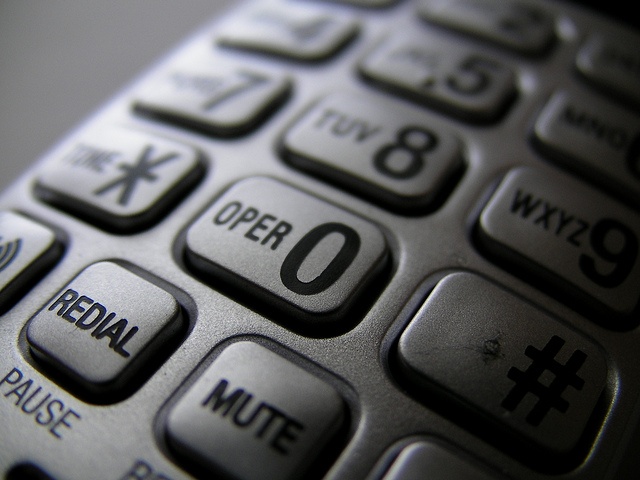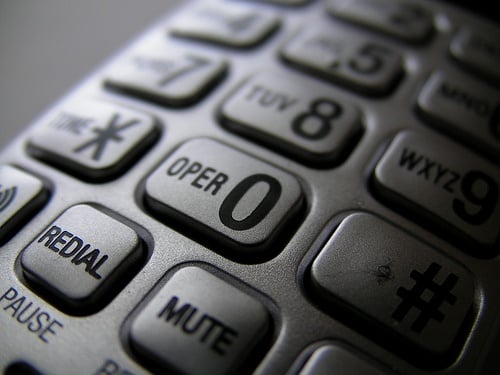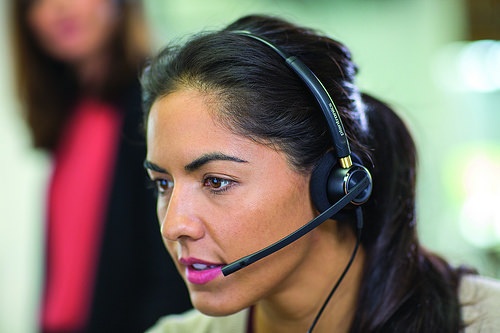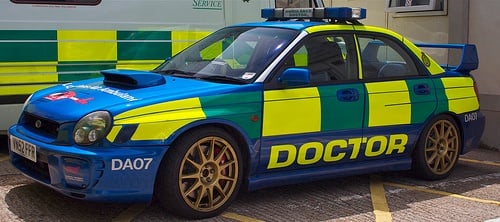Primary Care, Out of Hours, Communication
Tips for Happy Telephone Consulting in GP Out of Hours
With Dr Victoria Holt, expert contributor and medical director at CHUHSE OOH in Hackney
In 2013 there were 5.8 million cases handled by GP Out of Hours (OOH). That's 111,000 people calling Out of Hours per day: 20,000 more than the capacity of Wembley Stadium. That's a lot of telephone triage.
There is good evidence that telephone triage is safe and patient satisfaction is good. But the stakes are high in OOH: lack of visual cues, going in 'blind' to their history and having to form an on-the-spot rapport. Yet good communication is key in improving patient experience and avoiding complaints.
Here are a couple of tips for ensuring successful telephone triage:
Getting Started
* Empty your head from the last call. If this went badly, take a couple of minutes - it may help to explain this to a shift manager faced with a screen of breaching calls rather than hiding in the toilet. Putting both feet on the floor and practicing some abdominal breaths really does help to ground you and reduce unwanted adrenaline circulating around.
* Start the call and hit record. Recording can help, not hinder you. If you are one of those people who tries to wriggle out of recording or 'forgets': ask yourself why. Is there something you're not happy with about your consulting that you want to improve? Having said that don’t rely on the recording to work, so document everything including your safety netting.
Having the Conversation
* Try, try and try to speak to the patient directly. Third hand information has been filtered, re-triaged and and framed with the informants own health beliefs and will only blur the problem. If you cannot speak to the patient document who you spoke to and why for example: Daughter (aged 20) because patient speaks v.little English.
* Many patients have already been questioned to death by 111 and are fed up of re-telling their story. Open with a brief comment on the call details so they feel acknowledged before proceeding to an open question.
* At some point you need to come to an agreement with the patient whether you are going to continue to manage this over the phone or convert to face to face. Telephone triage and telephone consultation are two different things. In either case ensure you give appropriate safety netting/worsening advice as there are legendary tales of patients turning up to bases navy blue, having deteriorated en route but stoically following instructions to come at 4.15pm!
* For 'problem' calls, taking a breather or asking a senior colleague to call them back can all help diffuse the situation. For failure to agree on a non OOH issue eg someone demanding an outpatient referral, bringing in the shift manager to reiterate what you have said is another resource.
Closing the Call
* Longwinded calls that need to conclude: signpost to them that you'll need to end the call within the next minute or two rather than just finishing abruptly. This helps prepare the patient to wrap things up.
* Allow them to put the phone down first at the end.
CHUHSE is a great place to work - look out for their shifts on Network Locum (now Lantum).
Ref:
http://www.nao.org.uk/wp-content/uploads/2014/09/Out-of-hours-GP-services-in-England-summary.pdf
Want to write something for us? Get in touch at blog@lantum.com.







